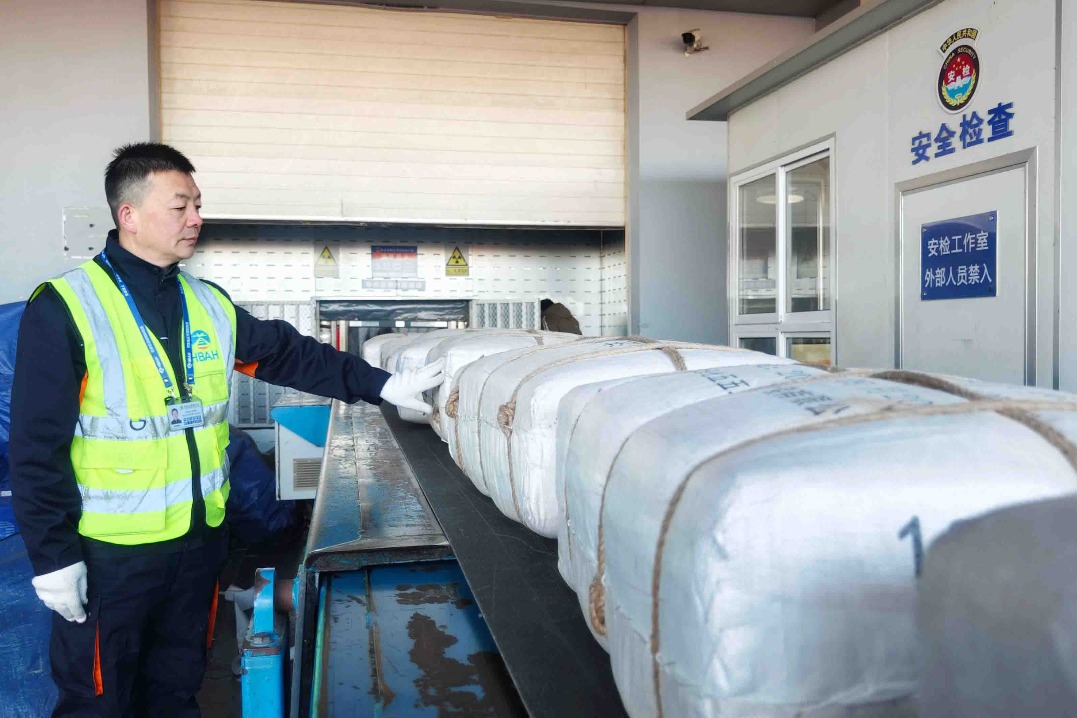Chinese scientists find new method to induce stem cells

BEIJING -- Chinese scientists have made a breakthrough in creating stem cells with a cocktail of two chemicals that can induce mature somatic cells to turn back into pluripotent stem cells.
The study by scientists from the Guangzhou Institutes of Biomedicine and Health, of the Chinese Academy of Sciences, will help understanding of the fate of cells and could be applied to regenerative medicine, said lead researcher Pei Duanqing.
Scientists around the world are looking for "keys" that enable humans to regrow tissue or organs lost due to illness or injury, like a gecko can regrow a tail.
Stem cells can self-renew or multiply while maintaining the potential to develop into other types of cells. They can become cells of the blood, heart, bones, skin, muscle, brain or other body parts. They are valuable research tools and might, in future, be used to treat a wide range of ailments.
But how can we get enough stem cells?
Scientists around the globe have tried different approaches to induce somatic cells into stem cells. Japanese Nobel Laureate Shinya Yamanaka utilized a virus as a carrier to generate induced stem cells, but this method is believed to have a high risk of causing cancer.
Chinese scientists have spent five years developing a method of chemical induction, which is more efficient, simpler and safer.
"The fate of cells is determined by the chromatin structure in the nucleus of cells," said Liu Jing, a member of the research team. "We use small molecular chemicals to reprogram the somatic cells by manipulating the chromatin structure from the somatic cell pattern to stem cell pattern."
Soaking various somatic cells in the chemicals can induce them to become pluripotent stem cells, including the hepatic cell, which is difficult to reprogram by other methods, Liu added.
The study is published in the latest issue of Cell Stem Cell.




































